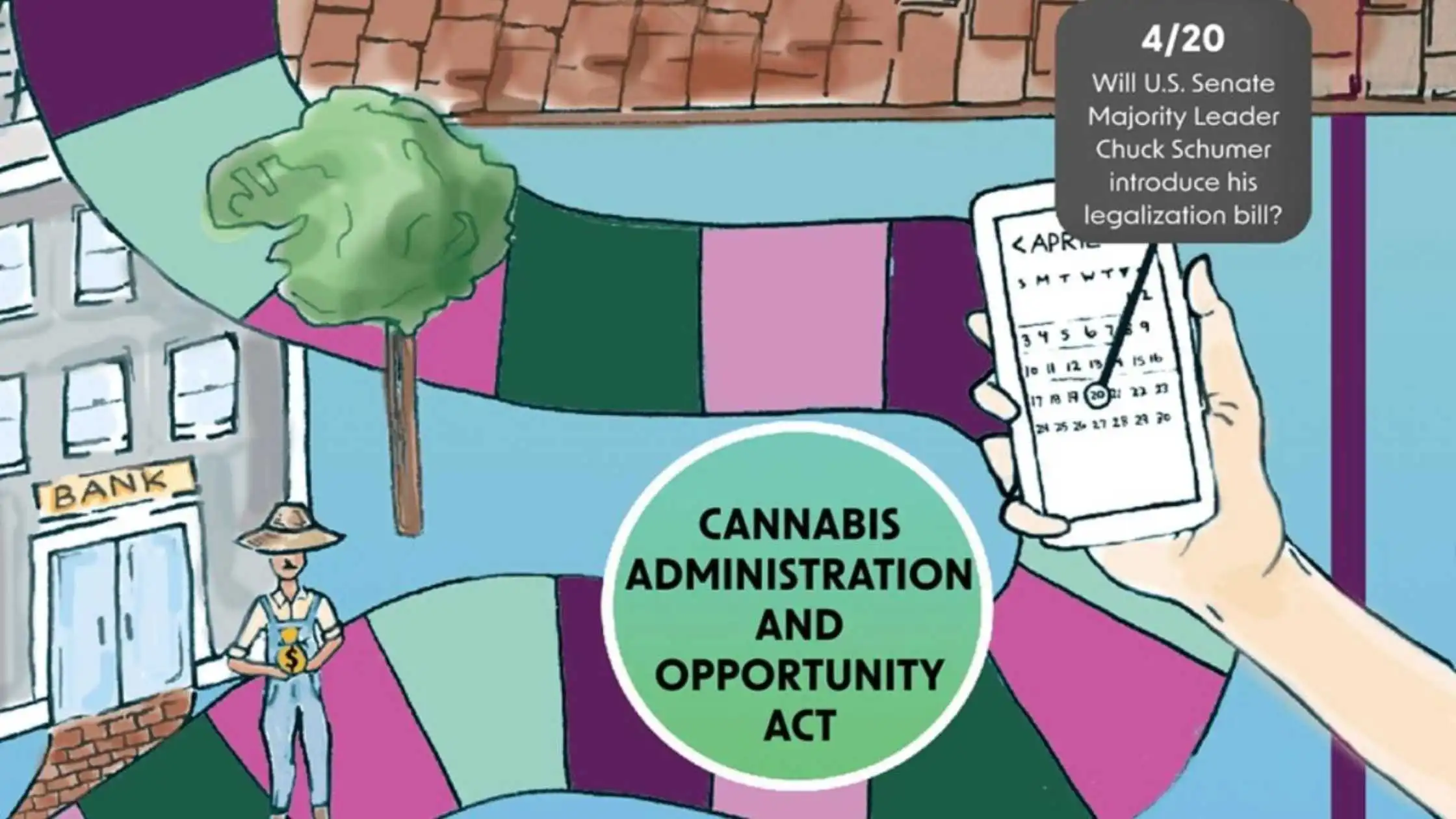Gov. Gavin Newsom gave California’s marijuana industry reason to rejoice this week when he came out forcefully in favour of overhauling the state’s cannabis tax system to help MJ businesses woo customers from the thriving underground market.
“It is my goal to look at tax policy to stabilize the market,” Newsom said during a news conference Monday after releasing his 2022-23 budget proposal.
“It’s also my goal to get these municipalities to wake up to the opportunities to get rid of the illegal market … and provide support and a regulatory framework for the legal market.”
However, details about how Newsom hopes to accomplish these goals remain scarce.
According to cannabis industry sources familiar with the state Legislature, any tax changes would likely come from a stand-alone bill, while a grant program would probably be wrapped into the budget.
Still, it’s far from straightforward:
- How Newsom would stabilize the legal cannabis market.
- What tax changes will he seek?
- How any grant program would work.
- Whether any tax reforms would translate into cannabis prices that are low enough to draw consumers away from illicit operators.
“The devil is in the details,” said Jerred Kiloh, president of the Los Angeles-based United Cannabis Business Association.
Lindsay Robinson, executive director of the California Cannabis Industry Association, said there’s “reason for us to be optimistic. But I also think there’s a lot of work ahead, and it’s not a done deal by any means.”
What might be coming
Newsom ally Dustin Moore, a Sacramento-based principal at Axiom Advisors, said the most likely target for tax reform is eliminating the state cultivation tax.
That tax was increased on Jan. 1 to $10.08 per ounce of flower, $3 per ounce for leaves and $1.41 per ounce of fresh plant material.
Moore said the tax will be the focus of a bill drafted by state Sen. Mike McGuire of Humboldt County.
“I don’t know how quickly this will happen. But certainly, during this session, the cultivation tax will disappear,” Moore predicted.
“This is a watershed moment for the industry.”
Moore said he understands the grant program will be rolled out “in concise order” because Newsom is “well aware of the need to expand retail.”
He noted the Newsom administration has already backed multiple cannabis-related grants, including for social equity programs and to help localities get more licenses processed.
However, Robinson and Kiloh said McGuire’s bill might not be the only one introduced to reduce marijuana tax rates.
And any tax bill would have to gain a two-thirds supermajority in the House and Senate.
“There’s just a lot of hurdles. We don’t want to cultivate a false sense of security” within the industry, Robinson said when asked how confident she is that tax reform would be accomplished this year.
But Newsom’s budget gave the industry an opening that can be exploited, said Genine Coleman, the Origins Council executive director, representing small cannabis farmers across the state.
“It all portends well, and it’s an all-hands-on-deck kind of negotiation scenario,” Coleman said. “If nothing is done this year, the industry may collapse, and our membership certainly will.”
Industry clamoring for help
A coalition of business owners and activists rallied at the state Capitol in Sacramento on Thursday to emphasize, once again, that the legal marijuana industry is on the brink of collapse and to demand change from lawmakers.
“One year from now, there will be very few of us left to tax,” said Karla Avila, a small farmer and executive director of the Trinity County Agriculture Alliance.
Avila warned that the state’s marijuana taxes and regulatory costs were killing small businesses and further empowering the illicit market.
“I call on our lawmakers to make nothing short of drastic changes. Right now, today. Repeal the cultivation tax,” Avila said.
Others called for a suspension of the state’s 15% cannabis excise tax, at least for social equity businesses that are even more financially disadvantaged than other companies, along with a “tax holiday,” a move championed by Flow Kana executive Michael Steinmetz.
Steinmetz told MJBizDaily via email that Newsom’s announcement this week is a “positive first step” but stressed that “time is of the essence” to save small licensed businesses.
He pledged to “continue to raise our voices” until the Legislature stabilises the market.
Glass House Group President Graham Farrar said the governor “has nailed what the industry needs.”
“It’s two things: Lower taxes, so we have a chance to compete with the illicit market, and more retail, so we can start to turn the tide.”
Disclaimer: https://mjbizdaily.com/california-governor-pledges-cannabis-tax-reform-but-details-sketchy/





